In his address during the opening ceremony of the 1-6 March 2023 SECAM Plenary Assembly in Ethiopia’s capital city, Addis Ababa, Cardinal Ambongo lauded the Synod on Synodality initiative, saying that the “synodal process confirms the Church's way of doing things in Africa.”
He underscored the need for Synodality to be lived in the context of families, saying, “The privileged place to experience family spirit and synodality is the Small Christian Community.”
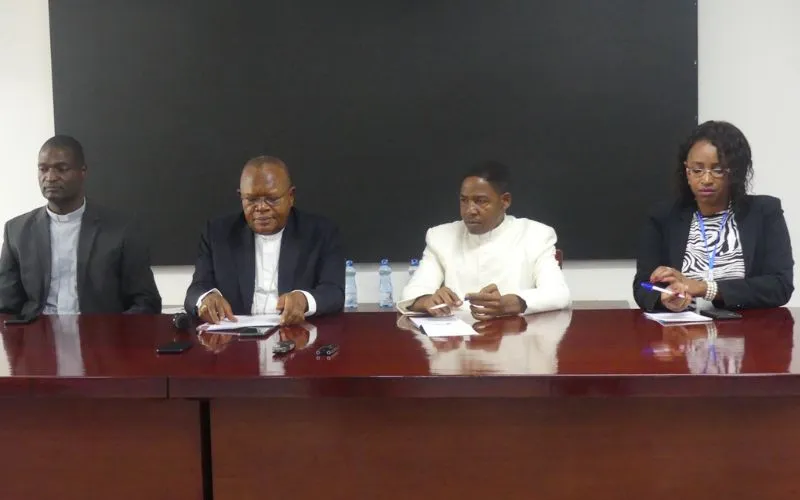 Credit: ACI Africa
Credit: ACI Africa
“In many parts of the continent, the Small Christian Communities (SCCs) are the manifestation of the Church in Africa and constitute the space where the faithful are renewed and confirmed in their baptismal ministry and where they experience and live Synodality as mission, communion and participation,” Cardinal Ambongo said.
The Congolese member of the Order of Friars Minor Capuchin (OFM Cap) further said, “Small Christian Communities foster strong interpersonal relationships, deepen their sense of community, and promote the active proclamation of the Gospel of the Risen Lord.”
(Story continues below)
SCCs “provide opportunities for common prayer, interaction, collaboration and reflection, welcoming and celebrating the unique gifts and charisms of each member,” the Cardinal, who had been serving as SECAM Vice-President and succeeded the late Richard Kuuia Cardinal Baawobr who died in November 2022, months after he had been elected SECAM President, said.
Days later, in a workshop that ASI, a partnership of the Jesuits Conference of Africa and Madagascar (JCAM), the Symposium of the Episcopal Conferences of Africa and Madagascar (SECAM), and the Association of Member Episcopal Conferences in Eastern Africa (AMECEA), organized at Africama House in Nairobi partly to constitute a Synodality Resource Team (SRT), a Kenyan Catholic Bishop highlighted SCCs as consistent with the Synod on Synodality.
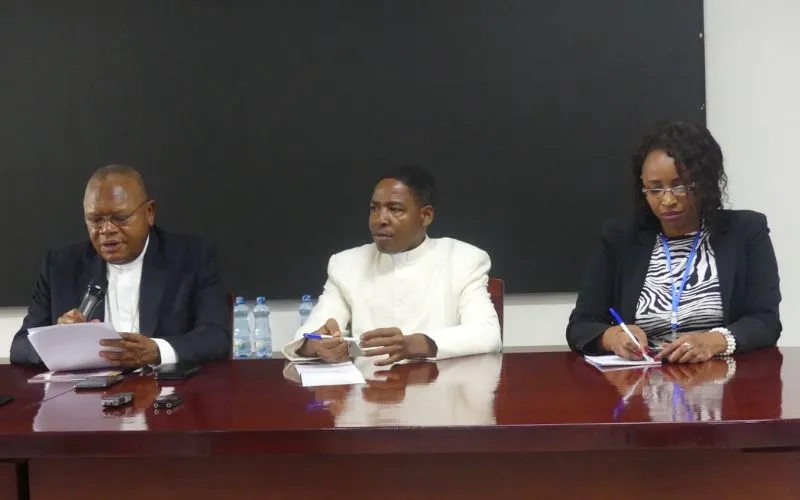 Credit: ACI Africa
Credit: ACI Africa
Synod on Synodality was not a new concept, especially in Africa where the Catholic Church has embraced the new way of being church in SCCs, Bishop Willybard Lagho of Kenya’s Diocese of Malindi told ACI Africa on the sidelines of the 15-16 March 2023 workshop.
Bishop Lagho said that a key aspect of SCCs is sharing the word of God and listening to each other, factors he said are similar to what the Synod on Synodality proposes.
Meanwhile, Ubuntu (I am, because you are), has been highlighted alongside other concepts in African societies that foster Synodality.
In his presentation to participants in the Inter-regional Meeting of the Bishops of Southern Africa (IMBISA) session on Consultation on Synodal Processes in August 2021, Fr. Rafael Simbine Junior, then Deputy Secretary General of SECAM, highlighted Ubuntu, Ujamaa (Swahili concept, that means: sense of community- familyhood and solidarity), and Fihavanana (Malagasy concept that means: vital bond that links family members and neighbors) as concepts within the African society that foster synodality.
Fr. Simbine, who now serves as Secretary General of SECAM explained the significance of the highlighted concepts, saying, “In the African family, one is given recognition, acceptance and a sense of belonging. In it, one enjoys respect and understanding. One need not pay for services received in one’s family and consequently renders services to other members without counting the cost.”
In his April 25 statement, Cardinal Ambongo acknowledges the input of experts from various parts of Africa, who he says “provided ideas and clarified aspects of synodality from multiple perspectives” to Africa’s delegates to the Synod on Synodality.
Some of the aspects included “How to strengthen participation, co-responsibility and ecclesial discernment of all the baptized members through existing ecclesial structures and groupings at the continental level; and how to adopt the new modalities of mission,” he says.
On adopting new modalities of mission in Africa, the experts explored ways of “deepening the experience of the journey with Jesus Christ; fidelity to the Christian vocation in Africa; and responding to new ways of being a Church, particularly in the relationships between bishops, consecrated persons and laity, emphasizing their equal baptismal dignity,” the President of SECAM says.
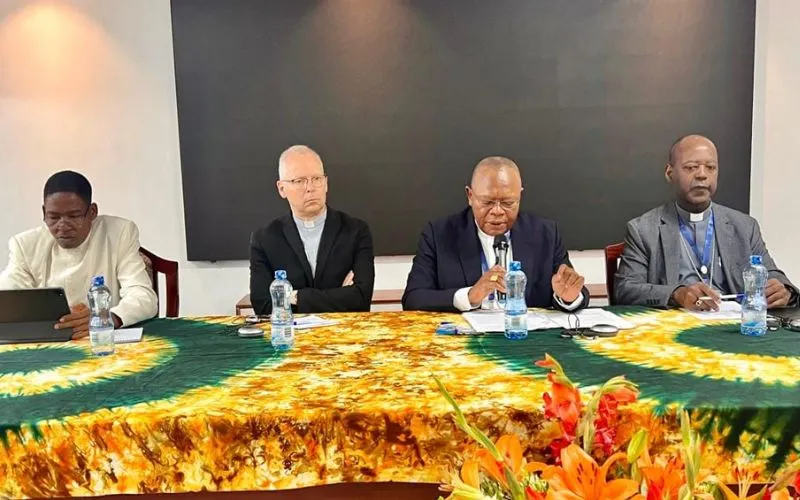 Credit: ACI Africa
Credit: ACI Africa
The latter aspect, he goes on to say in the two-page statement, “involves strengthening the liturgical life of the Church, ensuring the integrity of pastoral agents in evangelization and expanding the presence of the African Church in digital and cyber spaces.”
As a way forward, the Ghana-based SECAM Secretariat is to compile and synthesize the reflections of Africa’s delegates to the Synod on Synodality and submit them to the Vatican-based Synod General Secretariat “as the contributions of the African delegates to the wider synodal discussions,” the Congolese Cardinal says, and cites May 2024 as the deadline.
He expressed his “gratitude to all” participants in the April 23-26 meeting, and adds, “Your efforts and those of your media are deeply appreciated for the vital role in promoting communion and pastoral solidarity across Africa.”
“Through traditional and digital media platforms, you continue to share crucial news and information, contributing significantly to our mission of evangelization in Africa. May God Bless You,” the President of SECAM says in his April 25 statement shared with ACI Africa.
ACI Africa was founded in 2019. We provide free, up-to-the-minute news affecting the Catholic Church in Africa, giving particular emphasis to the words of the Holy Father and happenings of the Holy See, to any person with access to the internet. ACI Africa is proud to offer free access to its news items to Catholic dioceses, parishes, and websites, in order to increase awareness of the activities of the universal Church and to foster a sense of Catholic thought and culture in the life of every Catholic.



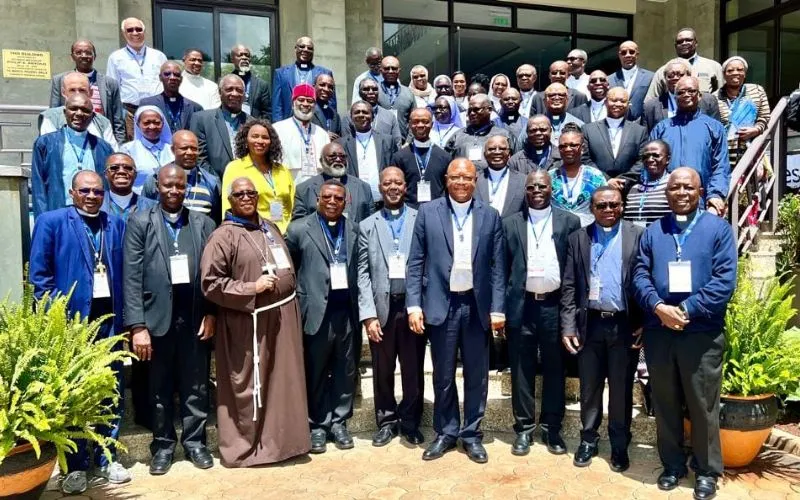
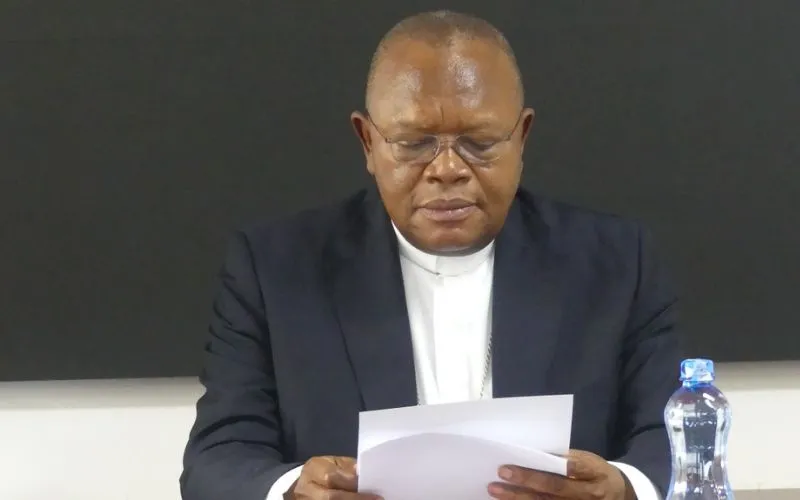 Fridolin Cardinal Ambongo. Credit: ACI Africa
Fridolin Cardinal Ambongo. Credit: ACI Africa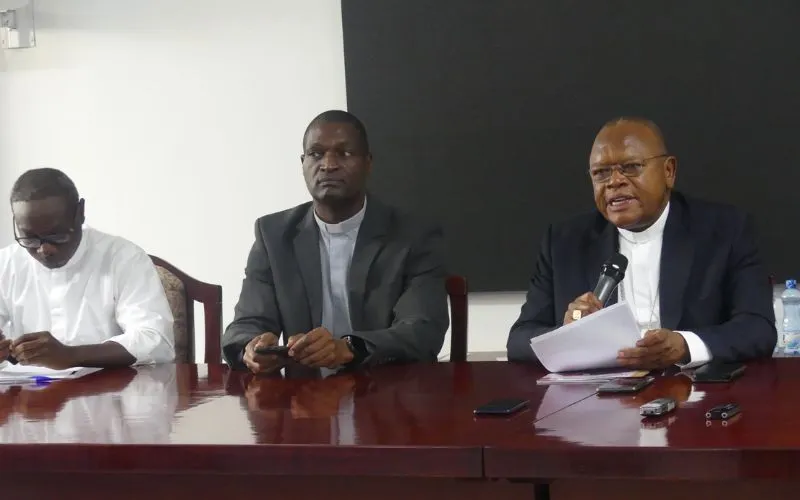 Credit: ACI Africa
Credit: ACI Africa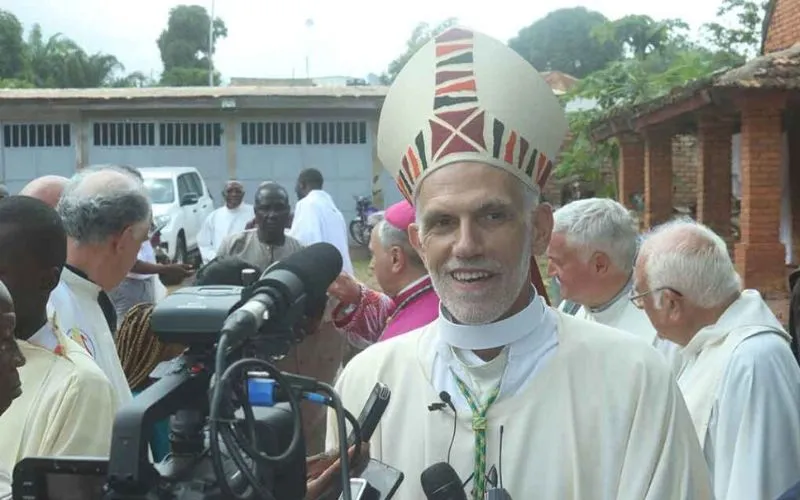
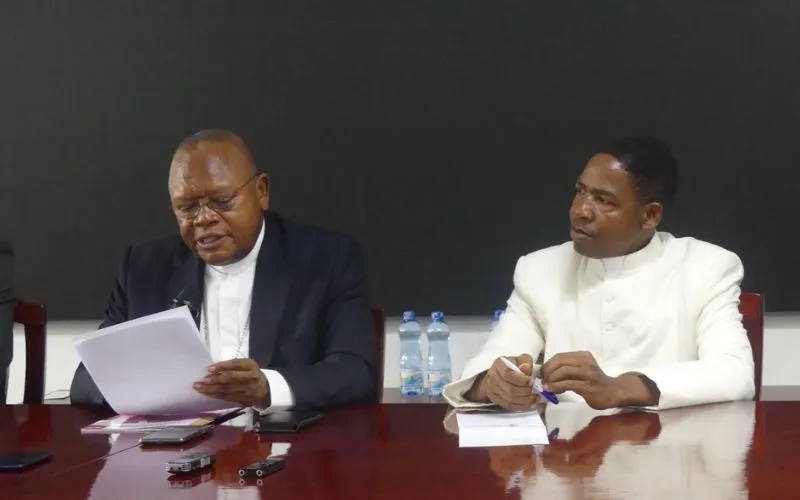 Credit: ACI Africa
Credit: ACI Africa Credit: ACI Africa
Credit: ACI Africa Credit: ACI Africa
Credit: ACI Africa Credit: ACI Africa
Credit: ACI Africa


